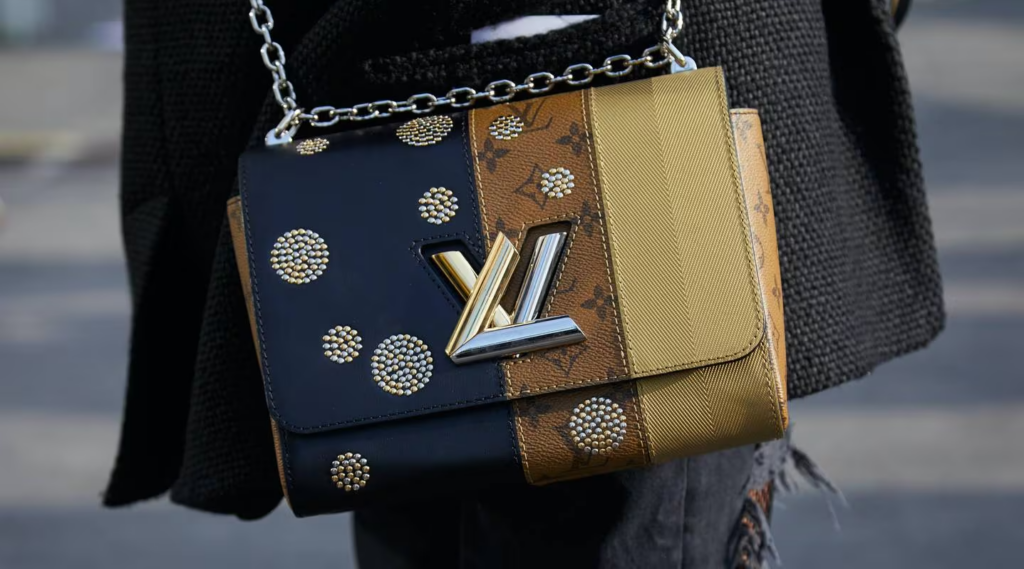
LVMH, the world’s largest luxury conglomerate, stands as a towering titan in the fashion industry. From Louis Vuitton’s iconic handbags to Dior’s opulent couture, its portfolio encompasses a vast array of prestigious brands. Yet, whispers of dissent are starting to surface. Could this luxury behemoth be due for a reckoning? Should LVMH be broken up?
Arguments for a Breakup:
- Conglomerate Discount: LVMH trades at a significant discount compared to its individual brands. Some argue that separating these brands would unlock hidden value for investors, allowing each to shine independently. For example, Louis Vuitton’s valuation could potentially rival Hermes with a dedicated focus.
- Innovation Stagnation: Critics claim that LVMH’s vast size fosters a culture of risk aversion and stifles innovation. Smaller, independent brands often lead the way in terms of groundbreaking design and bold ideas. Breaking up LVMH could unleash greater creative freedom and foster a more dynamic landscape.
- Lack of Focus: With such a diverse portfolio, some argue that LVMH lacks a clear strategic direction. Each brand could benefit from having dedicated leadership and resources tailored to its specific needs and target audience. A breakup could lead to sharper focus and more effective brand management.
- Competition Concerns: LVMH’s sheer size and influence raise concerns about its impact on competition. A smaller, more fragmented luxury landscape could foster a more diverse and competitive environment, benefiting consumers and the industry as a whole.

Arguments Against a Breakup:
- Synergies and Economies of Scale: LVMH enjoys significant synergies across its brands, from shared manufacturing and logistics to cross-marketing opportunities. These synergies translate to cost savings and enhanced profitability, which a breakup could disrupt.
- Global Reach and Distribution Network: LVMH’s vast network allows it to reach a wider audience and distribute its products effectively across the globe. Breaking up the company could fragment its distribution and limit its international reach, impacting sales and brand awareness.
- Preserving Heritage and Legacy: LVMH has carefully curated its portfolio over decades, acquiring and nurturing iconic brands. Some argue that breaking up the company would dismantle this carefully constructed ecosystem and potentially damage the heritage and legacy of these brands.
- Uncertainty and Market Disruption: Any major restructuring carries inherent risks and uncertainties. A breakup of LVMH could trigger market volatility and destabilize the luxury industry, impacting not only the company but also its employees, partners, and investors.

The question of whether to break up LVMH is complex and there’s no easy answer. Both sides of the argument raise valid points, highlighting the potential benefits and risks of such a major move. Ultimately, any decision will require careful consideration of the potential impact on shareholders, employees, brands, and the overall health of the luxury industry.
It’s important to note that this is an ongoing debate with no definitive conclusion yet. This article aims to present both sides of the argument and encourage critical thinking about the future of LVMH and its broader impact on the fashion landscape. Whether it remains a united powerhouse or becomes a constellation of independent stars, the future of LVMH is sure to be a fascinating story to follow.